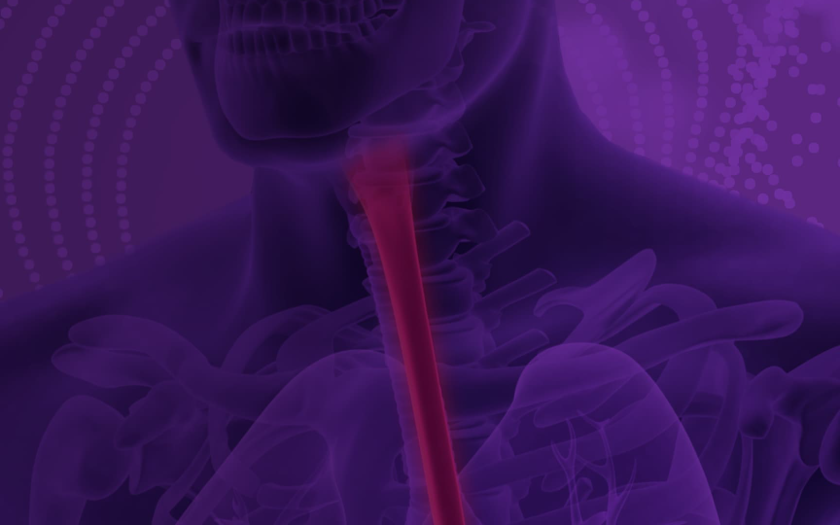- Go to bed before 10 p.m.
For those with erosive esophagitis, it is better to go to bed before 10 p.m. as it helps improve overall health and supports the body’s ability to combat inflammation. The key factor is that sleeping before 10:00 PM helps normalize the body’s biorhythms and supports the healing process of the esophageal mucosa. Since most restorative processes in the body occur during the night, going to bed early gives the body more time for recovery. Additionally, this time helps reduce gastric acid activity, lowering the likelihood of acid reflux, which can worsen the condition. Early sleep also helps stabilize digestion and reduce the risk of increased acidity, which is crucial for people with erosive esophagitis.
- Do not exhaust yourself with excessive physical strain.
When a person with this condition overexerts themselves throughout the day, it can lead to the backward flow of stomach acid into the esophagus, which in turn slows down the healing process of erosions. To maintain overall tone, lighter physical activities such as walking or stretching exercises can be chosen, as they do not put excessive strain on the digestive organs and do not exacerbate symptoms. Never try to replicate the exercises of people who do not have such health issues. Always listen to your body and base your activities on how you feel, to avoid causing harm and to continue enjoying your favorite sports in the future.
- Do not snack on the go.
With this condition, it is important to avoid snacking on the go for several reasons, as it can significantly worsen the condition and slow down the healing process of the esophagus. First, snacking on the go is often associated with quick, unconscious swallowing, which can be difficult for the digestive system. When food enters the oesophagus quickly and without chewing thoroughly, it increases the likelihood that it can irritate the mucous membrane, causing further damage. Secondly, when snacking on the go, people often do not pay attention to the choice of food, and eat food that has a negative impact on the esophagus. In most cases, people choose burgers, fries, ready-made salads with mayonnaise for a quick snack, which is not a healthy food for this condition. Another reason not to snack on the go is that when food is eaten quickly, people may not pay attention to the volume of food. Excessive food intake can lead to an overload of the stomach and oesophagus, which increases the likelihood of reflux. This can contribute to further irritation of the mucosa, complicating the healing process. Therefore, to avoid worsening the condition and promote faster recovery, it is important to strictly follow a meal schedule, eat slowly and carefully, chewing food into small pieces, and choose dishes that do not irritate the esophagus.
Additionally, it is important to take all medications (such as Losec or Omez) that have been prescribed to you. When you feel well, your productivity throughout the day will be at an optimal level.

